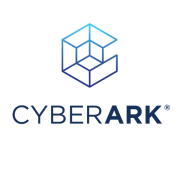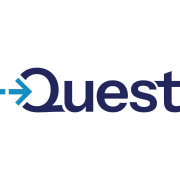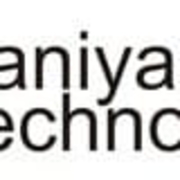Endpoint Compliance ensures that all devices connecting to a network adhere to predefined security policies, enhancing organizational security management. It involves monitoring, updating, and enforcing security measures consistently across all endpoints.
As organizations grow, managing the security of numerous endpoints becomes critical. Endpoint Compliance helps by providing comprehensive visibility and control over all connected devices. This approach ensures that all devices comply with an organization's security standards, thus minimizing vulnerabilities and potential breaches. Companies benefit from streamlined security operations and reduced risks, making Endpoint Compliance an essential part of modern IT security strategies.
What features should you look for?In specific industries, such as healthcare or finance, stringent data protection requirements make Endpoint Compliance essential. It helps organizations comply with industry-specific regulations like HIPAA or PCI DSS, ensuring sensitive data remains secure. Companies in these sectors often adopt robust Endpoint Compliance measures to safeguard their networks effectively.
Endpoint Compliance is helpful for organizations by providing a structured approach to security management, ensuring all devices operate within defined security parameters. This enhances overall network security, reduces risks associated with non-compliance, and supports regulatory adherence, crucial for maintaining a secure and efficient IT environment.
| Product | Market Share (%) |
|---|---|
| Kaspersky Endpoint Security for Business | 22.6% |
| Fortinet FortiClient | 21.3% |
| Trend Vision One Endpoint Security | 14.5% |
| Other | 41.599999999999994% |

















Endpoint Compliance enhances enterprise security by ensuring that all devices accessing the network adhere to defined security policies. This reduces vulnerabilities and prevents unauthorized access, which is crucial in protecting sensitive data. By enforcing policies such as antivirus updates, encryption, and firewall settings, you can ensure a consistent security posture across all devices, reducing the risk of data breaches.
What are the key components of an Endpoint Compliance solution?Key components include policy management, device monitoring, reporting, and remediation. Policy management allows you to define security standards. Device monitoring checks for compliance and detects deviations. Reporting provides insights into compliance status across devices. Remediation tools help in addressing non-compliance issues quickly to ensure adherence to security policies.
How can Endpoint Compliance solutions support BYOD policies?Endpoint Compliance solutions support BYOD by ensuring that personal devices meet corporate security standards before gaining network access. Solutions often use device profiling and posture assessments to evaluate and enforce policy compliance. This allows you to leverage the flexibility of BYOD without compromising network security by maintaining oversight and control over devices.
What challenges do organizations face with Endpoint Compliance?Common challenges include managing a diverse range of devices, keeping up with software updates, and ensuring consistent application of security policies. Organizations must also handle the complex task of integrating Endpoint Compliance with existing IT infrastructure, requiring careful planning and dedicated resources to address these challenges effectively and maintain a robust security environment.
How do Endpoint Compliance solutions handle unauthorized devices?Endpoint Compliance solutions typically detect and isolate unauthorized devices from the network, using network access control techniques. These solutions can either block device access or restrict it to a guest network until compliance is verified. You can ensure that only authorized devices with the necessary security configurations are allowed to connect, thus protecting against potential threats from unapproved access attempts.